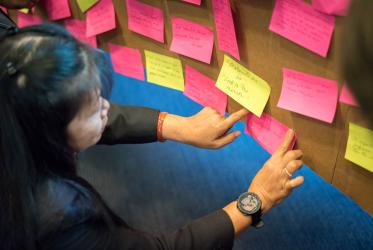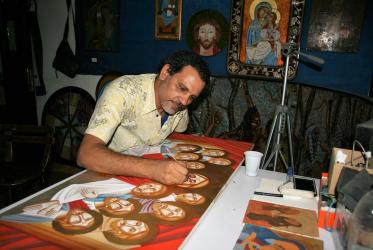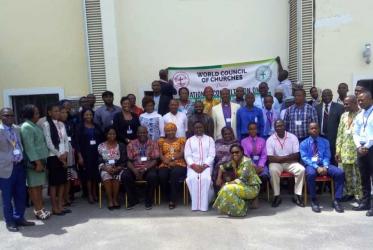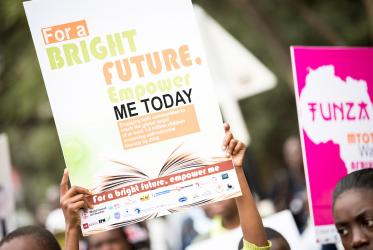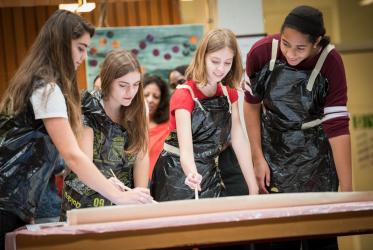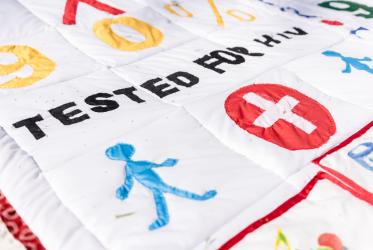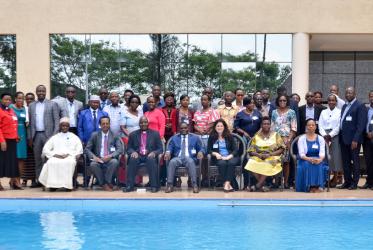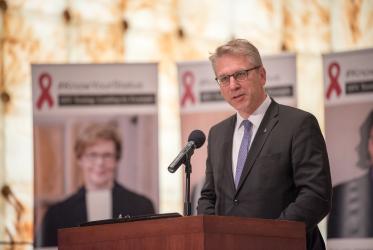Displaying 41 - 60 of 120
25 July 2018
#WCC70: A prayer about health and healing
20 July 2018
WCC mourns passing of Calle Almedal
11 June 2018
WCC participates in 71st World Health Assembly
29 May 2018
At CSW62, “stories are the heartbeat”
21 March 2018
Conversation on HIV “must continue,” Faith Networking Zone shows
07 December 2017
“God has brought ways of defeating HIV”
31 October 2017
Ugandan Mothers’ Union leader helps overcome HIV
31 October 2017
“Good healthcare a right, not a privilege,” says WCC-EAA
11 October 2017
Faith on the fast-track - for children living with HIV
13 September 2017
“It will take faith to get down to business, to overcome HIV and AIDS”
13 September 2017

